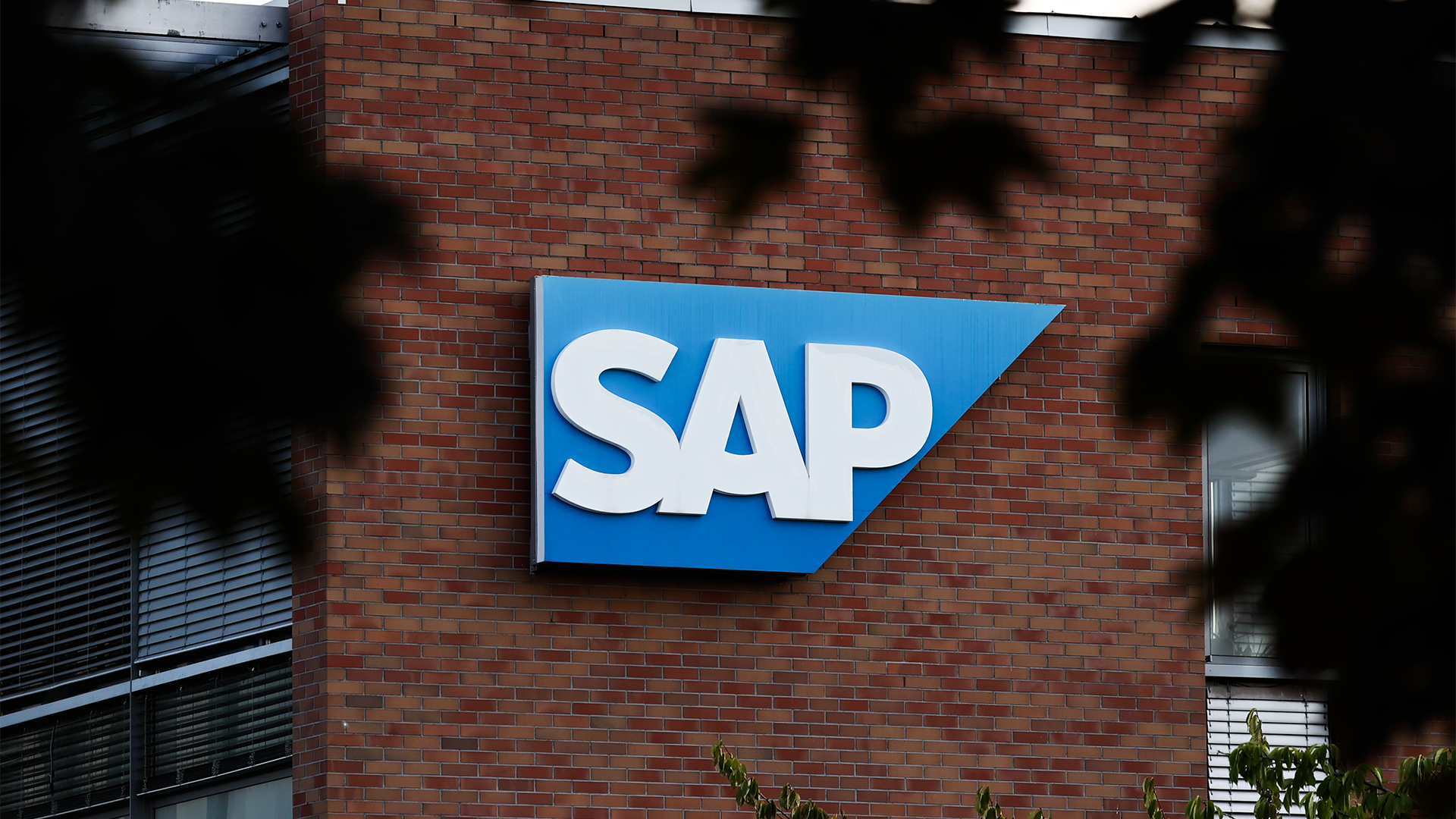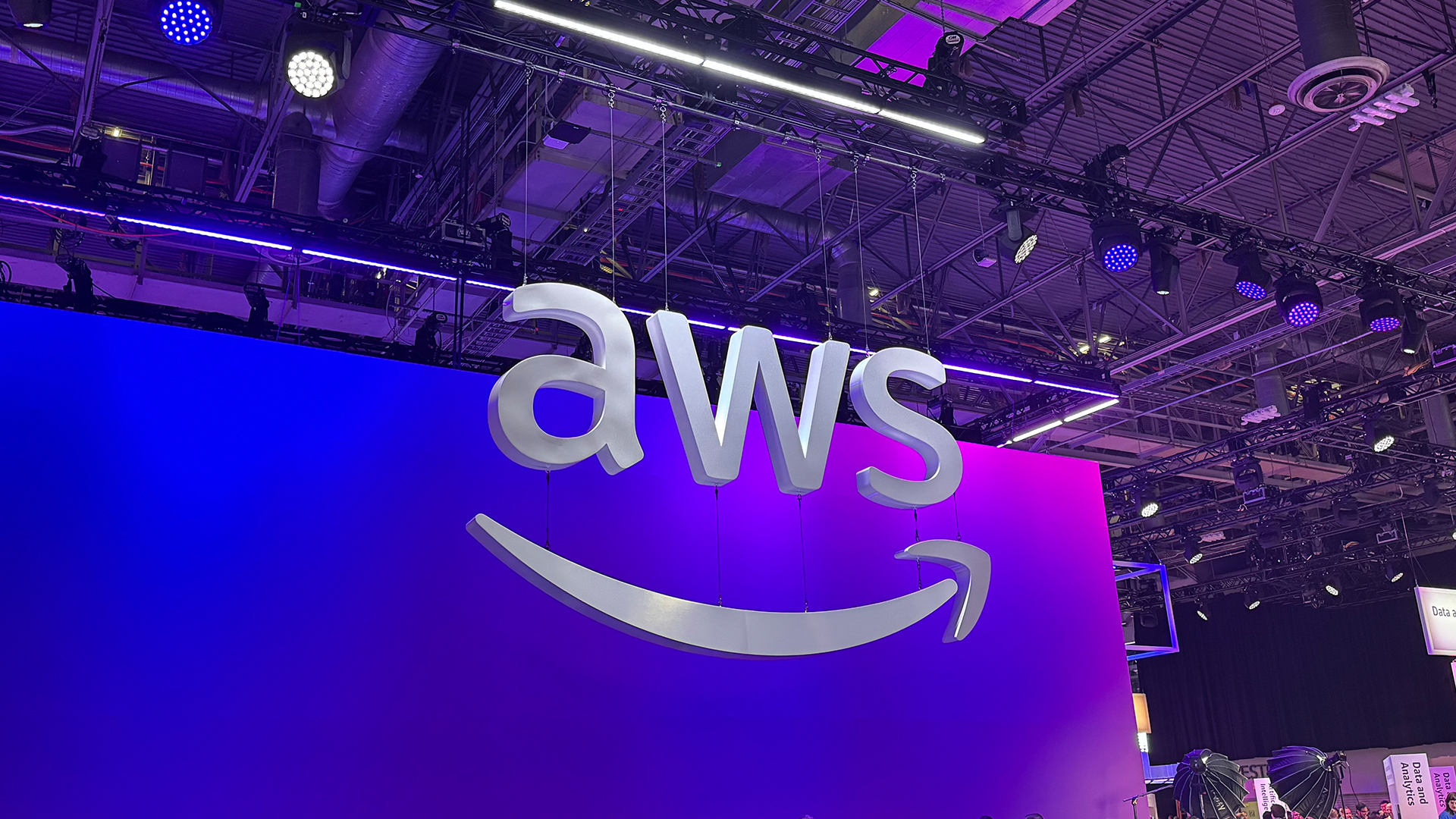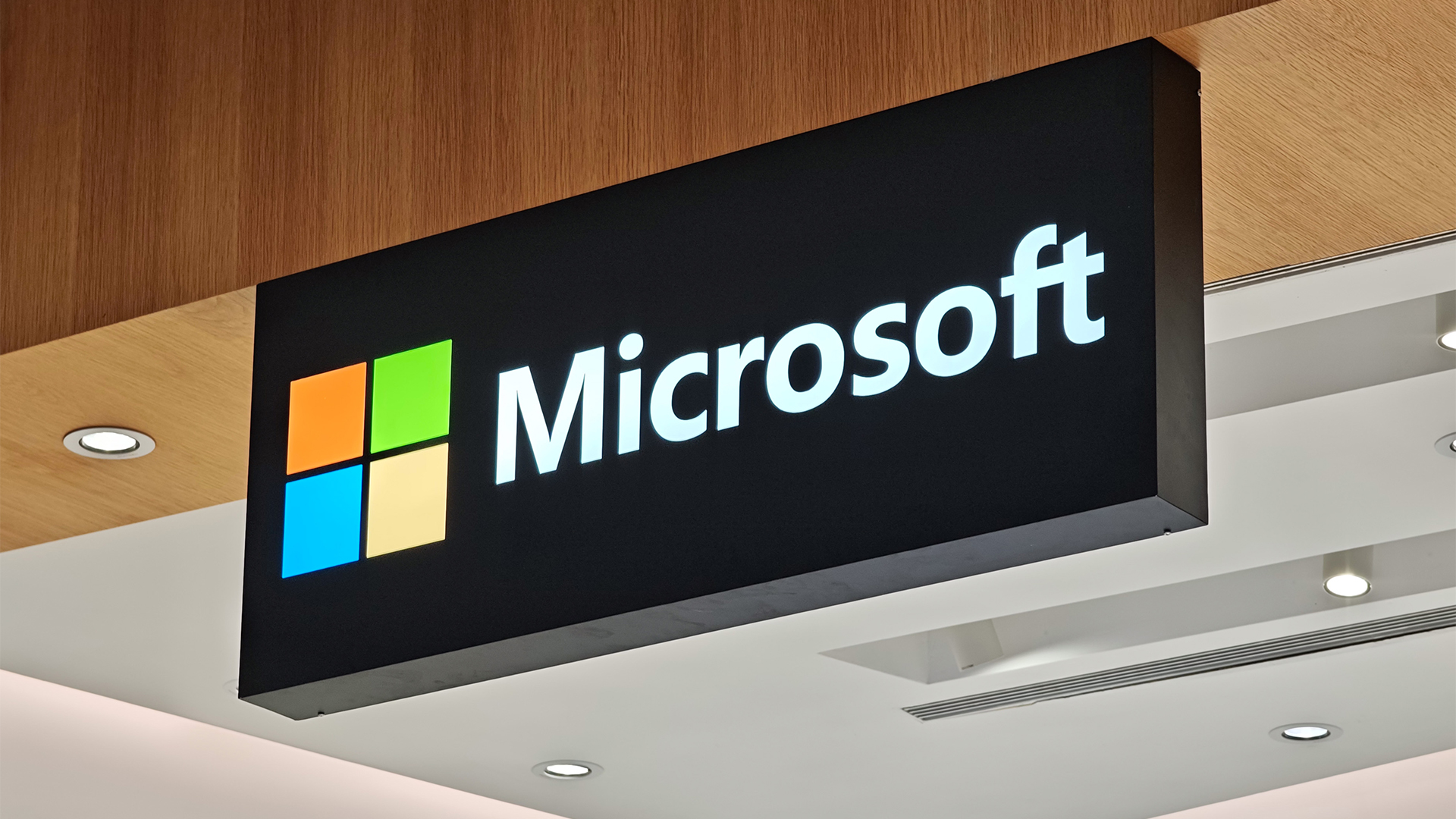SAP wants to take data sovereignty to the next level with new 'on-site' infrastructure options
The cloud computing giant will allow customers to host SAP-managed infrastructure directly within their own facilities


Sign up today and you will receive a free copy of our Future Focus 2025 report - the leading guidance on AI, cybersecurity and other IT challenges as per 700+ senior executives
You are now subscribed
Your newsletter sign-up was successful
SAP has announced a significant expansion of its sovereign cloud offering with a new “On-Site” solution.
The launch of the On-Site model will give customers the ability to host managed cloud infrastructure within their own facilities in a move the tech firm said provides the “ultimate level of physical control and data residency”.
Thomas Saueressig, member of the executive board of SAP SE for customer services and delivery, said the expansion is in direct response to growing enterprise calls for heightened data sovereignty controls.
“Organizations around the world are seeking greater control over their digital environments,” Saueressig said.
“With Sovereign Cloud On-Site, SAP empowers customers to define their own sovereignty boundaries while leveraging our global infrastructure expertise and partnerships.”
The new On-site option aims to offer “flexible sovereignty models” that meet the needs of organizations operating across various areas, SAP said, particularly governments and businesses in regulated sectors.
Varied deployment options mean organizations can choose between SAP-hosted infrastructure, hyperscaler-based models, or customer-site hosted options.
Sign up today and you will receive a free copy of our Future Focus 2025 report - the leading guidance on AI, cybersecurity and other IT challenges as per 700+ senior executives
“With SAP Sovereign Cloud On-Site, we are redefining what sovereignty means for our customers,” said Martin Merz, president of SAP’s sovereign cloud division.
“By placing SAP-managed infrastructure directly within customers’ own facilities, we offer unmatched control, compliance, and operational assurance without compromising innovation.”
What to expect from SAP’s sovereign cloud
SAP said its sovereign cloud initiative centers around a series of “core capabilities”, which naturally includes a strong focus on data sovereignty.
Under the scheme, organizations retain full ownership and control of sensitive data, based on local regulatory requirements.
“Operational sovereignty” features allow enterprises to manage environments with SAP resources while “technical sovereignty” enables customers to run SAP workloads using deployment options based on their individual needs - this applies to those operating in regulated industries, for example.
Sovereign cloud in the spotlight
Data sovereignty has become a recurring talking point on both sides of the Atlantic in recent years. In May 2024, industry analysts told ITPro that sovereign cloud services are now the “bare minimum” expected from European customers.
A key factor behind this growing demand is the array of stringent regulatory requirements introduced - or currently being introduced - in Europe. Naturally, providers have acted swiftly to meet this demand.
A host of industry heavyweights, including Google Cloud, Amazon Web Services (AWS), Microsoft, and Oracle, have all since launched dedicated sovereign cloud services for European customers.
Recent months have seen new concerns arise about data sovereignty, with research showing enterprises in the UK and EU both cited worries about US interference.
These concerns came after the Trump administration issued a memorandum in early 2025 pledging to defend American tech companies from “overseas extortion”.
In the wake of the move, Microsoft president Brad Smith said the tech giant would resort to legal action to protect EU customers from US demands to shut down services.
Make sure to follow ITPro on Google News to keep tabs on all our latest news, analysis, and reviews.
MORE FROM ITPRO
- SAP names Augusta Spinelli as new EMEA president
- Capgemini and SAP are teaming up with Mistral – here’s why
- SAP rolls out ‘Joule for Developers’ AI coding assistant

Ross Kelly is ITPro's News & Analysis Editor, responsible for leading the brand's news output and in-depth reporting on the latest stories from across the business technology landscape. Ross was previously a Staff Writer, during which time he developed a keen interest in cyber security, business leadership, and emerging technologies.
He graduated from Edinburgh Napier University in 2016 with a BA (Hons) in Journalism, and joined ITPro in 2022 after four years working in technology conference research.
For news pitches, you can contact Ross at ross.kelly@futurenet.com, or on Twitter and LinkedIn.
-
 Salesforce targets telco gains with new agentic AI tools
Salesforce targets telco gains with new agentic AI toolsNews Telecoms operators can draw on an array of pre-built agents to automate and streamline tasks
-
 Four national compute resources launched for cutting-edge science and research
Four national compute resources launched for cutting-edge science and researchNews The new national compute centers will receive a total of £76 million in funding
-
 Wasabi Technologies wants to be a "more predictable alternative to the hyperscalers" after $70m funding round
Wasabi Technologies wants to be a "more predictable alternative to the hyperscalers" after $70m funding roundNews The cloud storage provider plans to ramp up AI infrastructure investment and boost global expansion
-
 Google Cloud teases revamped partner program ahead of 2026
Google Cloud teases revamped partner program ahead of 2026News The cloud giant’s new-look partner ecosystem shifts focus from activity tracking to measurable customer outcomes
-
 Cloud security teams are in turmoil as attack surfaces expand at an alarming rate
Cloud security teams are in turmoil as attack surfaces expand at an alarming rateNews Cloud security teams are scrambling to keep pace with expanding attack surfaces, new research from Palo Alto Networks shows, largely due to the rapid adoption of enterprise AI solutions.
-
 AWS re:Invent 2025 live: All the news and announcements from day two in Las Vegas
AWS re:Invent 2025 live: All the news and announcements from day two in Las VegasLive Blog Keep tabs on all the latest announcements from day-two at AWS re:Invent 2025 in Las Vegas
-
 CEOs admit majority of cloud environments were ‘built by accident rather than design’ – and it’s coming back to haunt them
CEOs admit majority of cloud environments were ‘built by accident rather than design’ – and it’s coming back to haunt themNews Many enterprises rushed into the cloud without a clear end goal in mind, according to Kyndryl
-
 Microsoft’s new ‘marketplace’ lets customers pick and choose cloud, AI solutions
Microsoft’s new ‘marketplace’ lets customers pick and choose cloud, AI solutionsNews The Microsoft Marketplace looks to streamline customer access to AI and cloud services
-
 Mainframes are back in vogue
Mainframes are back in vogueNews Mainframes are back in vogue, according to research from Kyndryl, with enterprises ramping up hybrid IT strategies and generative AI adoption.
-
 Google Cloud introduces ‘no-cost’ data transfers for UK, EU businesses
Google Cloud introduces ‘no-cost’ data transfers for UK, EU businessesNews Google Cloud's new Data Transfer Essentials service will allow enterprises to transfer data to alternative providers at no extra cost.